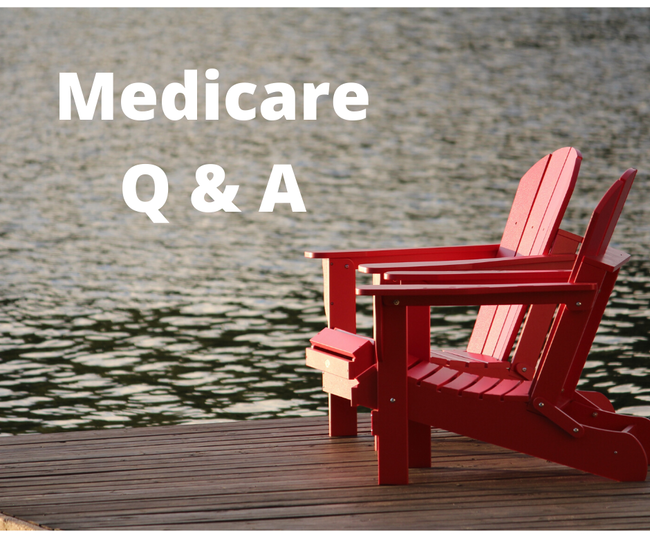
The couple had a modest household income and relatively few assets. They made an appointment with a Senior Health Insurance Benefits Assistance (SHIBA) counselor to see if they could get help with their health-care costs.
Their income would have qualified them for a benefit that significantly reduces the cost of prescription drugs. But their assets, albeit modest, put them over the limit for that benefit.
However, their monthly income (no more than $1,980 monthly for a couple) made them eligible to have the State of Oregon pay their Medicare Part B premiums of $148.50 a month. That benefit has no assets test, and it automatically qualified them for the prescription drug savings, too. As a result their monthly savings for Medicare premiums and prescription drugs would exceed $300.
If you would like to make a SHIBA counseling appointment, or to ask a question to be answered here, please see the end of this column.
Q: Because together we had a high household income, our joint earnings kicked us into paying a higher Medicare Part B premium. Although I’m still working, my wife recently retired (she had the higher income). But we keep paying those big Medicare premiums. Can we do anything?
The standard Part B premium is $148.50 a month. Your premiums are higher based on a prior year’s income shown on your tax return. To ask that your Medicare premiums reflect current income, complete and file Social Security form SSA-44. Your situation – your spouse has stopped working – is “a qualifying life-changing event” that may qualify you for a reduction in the Medicare Part B premium. Other life-changing events include marriage, divorce or annulment, death of spouse and loss of pension income. For the full list, see the form. You can find the form and details about it on the Social Security website (ssa.gov) or just Google it.
Q: I plan to retire from my Marion County job when I turn 65 in a few months. I’ve decided to enroll in Medigap supplemental insurance, but I don’t know whether to go with the PERS insurance or with a conventional policy outside of PERS. What would you do?
SHIBA counselors provide factual information, but not advice. Here are some of the factors to consider: The PERS Medigap insurance is a hybrid, meaning that it combines coverage for medical costs and prescription drugs. For Medigap insurance outside of PERS, you would enroll in two policies – Medigap for medical expenses and separate insurance to help pay for prescription drugs.
To make your decision, look at prices and benefits for both. With Medigap supplemental insurance the medical benefits should be the same, although you may find a difference in pricing for your particular drugs. For conventional drug plans, the coverage gap, or “donut hole,” has been significantly reduced. PERS says it has no donut hole.
You can ask PERS (503-224-7377) for a copy of its PERS Health Insurance Program Benefit Guide, which you could also find online. It describes both price and coverage. For Medigap outside of PERS, SHIBA Medicare counselors can provide premiums for all Medigap policies sold in Oregon. PERS’ Medigap insurance charges the same premium for all enrollees regardless of age. Premiums for those outside of PERS will differ depending on the individual’s age.
If you have a conventional Medigap policy, annually you may use the Oregon birthday rule to change insurance companies or type of policy. If you have a PERS Medigap policy and want to change to a conventional Medigap policy, you would need to answer health-related questions to help a company determine your premium. With either a PERS or non-PERS policy, you could switch to Medicare Advantage insurance with no health-based premium penalty.
Q: Looking at Medicare Advantage insurance on the Medicare website, I saw premiums ranging from nothing to nearly $200. How can an insurance company charge nothing for Medicare insurance?
If you have Medicare only or a Medigap supplemental policy, Medicare is billed for most medical procedures. But if you have Medicare Advantage insurance, the insurance replaces Medicare (you retain all your rights and the insurance has to cover at least as much as Medicare does). Because Medicare gets no bills if you have this insurance, Medicare subsidizes your Medicare Advantage premium by more than $800 a month. Hence, some companies offer the insurance at no cost to the Medicare beneficiary.
Jim Sellers of Salem is a certified Medicare counselor with the Senior Health Insurance Benefits Assistance (SHIBA) program. To ask a question to be answered in this column, e-mail [email protected]. To schedule a free SHIBA phone appointment with a volunteer Medicare counselor, call 800-722-4134.









